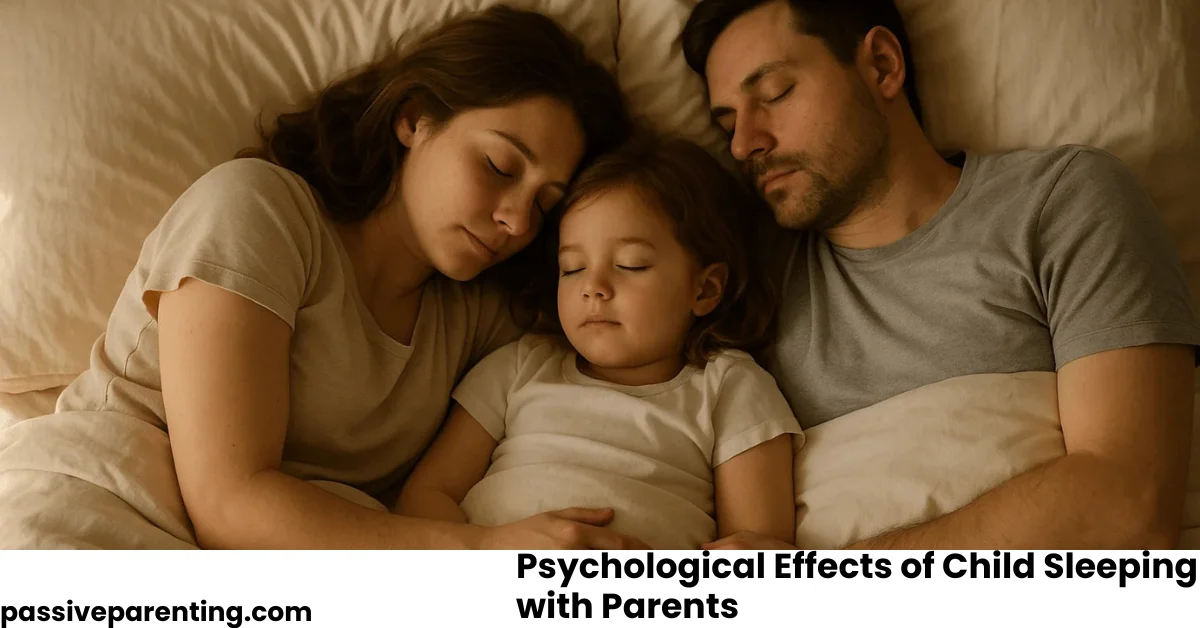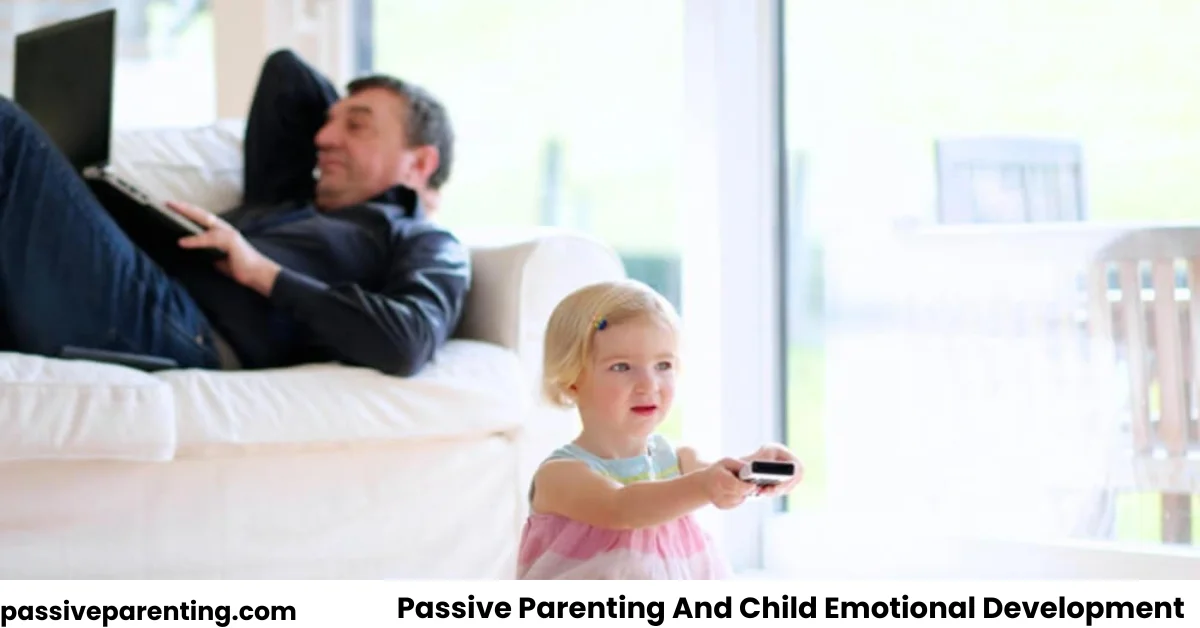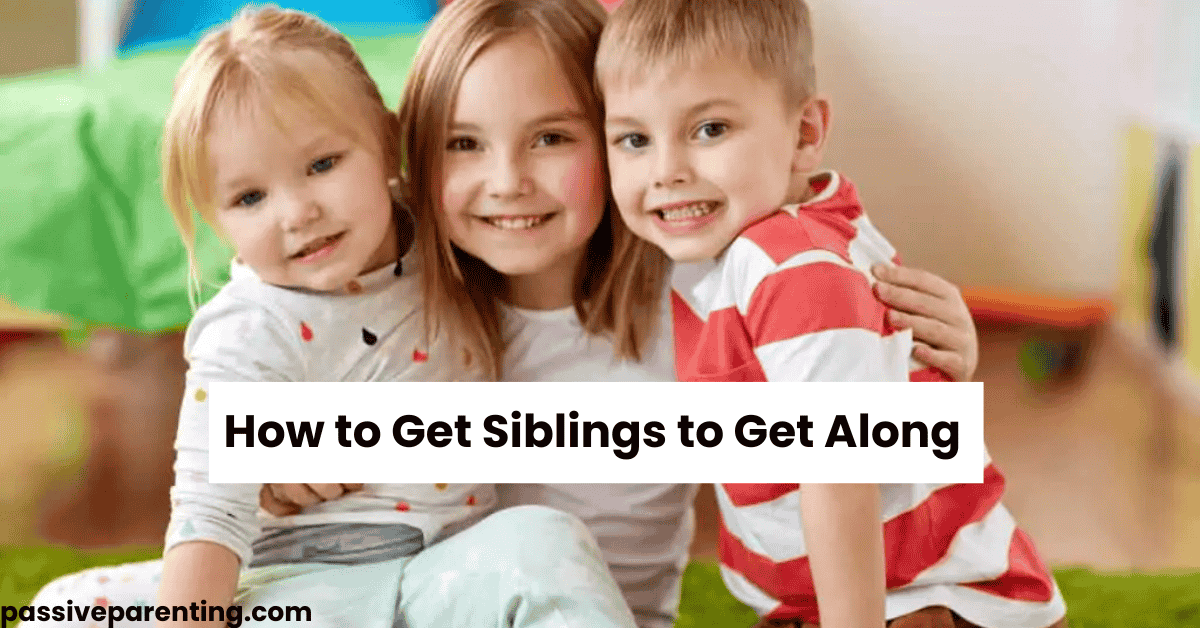Sleeping habits shape much more than a family’s bedtime routine—they influence emotional bonds, independence, and even future well-being. As many parents ask, “Is it okay for my child to sleep with me?” this article dives into the psychological effects of co-sleeping, balancing research-backed facts with practical, compassionate advice.
Whether you’re considering co-sleeping for comfort, connection, or cultural reasons, understanding its psychological impacts helps you make the best choice for your child and family.
What Does “Co-Sleeping” Mean?
Co-sleeping refers to a child sharing a sleep space with parents or caregivers. It can mean room sharing (sleeping in the same room but separate beds), bed-sharing (sharing the same bed), or occasional sleepovers for comfort. Globally, sleeping arrangements vary—but the psychological effects remain a common concern among health-conscious parents.
Benefits of Child Sleeping with Parents
Sharing sleep with parents can nurture a child’s sense of security and boost emotional bonding, leading to fewer nighttime worries and improved self-confidence later in life. This close contact also supports healthy development, better sleep quality, and a more resilient parent-child relationship.
1. Emotional Security & Attachment
- Sleeping next to parents fosters a deep sense of safety and security, especially in early childhood.
- Physical closeness elevates the bonding hormone oxytocin, strengthening the child-parent relationship.
2. Enhanced Parent-Child Bonding
- Immediate response to nighttime needs, leading to trust and a stronger emotional connection.
- Children often feel happier and more confident exploring independently during the day, knowing they have a safe “nest” at night.
3. Improved Sleep Patterns (Especially in Infants)
- Babies with nearby caregivers tend to experience fewer nighttime awakenings—better sleep supports brain and physical development.
- Co-sleeping may help regulate breathing, heart rate, and temperature.
4. Support for Nursing Mothers
5. Lowered Stress & Cortisol Levels
Psychological Drawbacks of Co-Sleeping
While co-sleeping can foster closeness, it may hinder a child’s independence and ability to self-soothe at bedtime. Over time, frequent co-sleeping can lead to increased dependence, sleep disruptions, and challenges in developing healthy sleep habits.
1. Delayed Independence & Autonomy
- Extended bed-sharing can slow a child’s growth in self-soothing, decision-making, and sleep independence.
- Some children may develop stronger dependency and separation anxiety, making transitions harder.
2. Boundary & Privacy Issues
- Sharing a sleep space blurs lines between personal and family boundaries, impacting a child’s sense of privacy.
3. Sleep Disruption for Parents & Children
- Movement, snoring, and differing sleep patterns often result in fragmented, poor-quality sleep for both parties.
- Parents may experience fatigue and decreased intimacy, while children may face issues like waking late or future sleep difficulties.
4. Worsening Anxiety in Some Children
- School-aged children with anxiety disorders often co-sleep as a coping strategy, but research shows this can intensify sleep problems and bedtime resistance.
Safety Considerations: What Experts Recommend
The American Academy of Pediatrics (AAP) and organizations like the CDC, NHS, and Mayo Clinic agree: safety is paramount. Here’s what reputable health sources suggest:
- Avoid bed-sharing for infants under 12 months—increases risk of suffocation and Sudden Infant Death Syndrome (SIDS).
- Room-sharing is safer: separate beds/cots in the same room for the baby’s first year.
- Never co-sleep on couches or armchairs (risk of SIDS up to 50 times higher).
Extra precautions for safer sleep:
- Use a firm, clutter-free sleep surface
- Place babies on their back to sleep
- Don’t co-sleep if you’ve consumed alcohol/drugs or are excessively tired
- Avoid bed-sharing with pets or older siblings
- Keep temperature neutral and avoid heavy blankets
“Babies should sleep in the same room, but not in the same bed.”
— American Academy of Pediatrics (2025)
Age-Appropriate Tips for Transitioning
Moving from co-sleeping to independent sleep is a milestone for many families. Here’s how to foster emotional security and independence:
How to Help Your Child Sleep Independently
- Set a consistent bedtime routine—this cultivates predictability and comfort.
- Gradually increase distance—start by room-sharing with separate beds before moving to their own room.
- Positive reinforcement—praise brave efforts and offer comfort items (favorite stuffed animal, nightlight).
- Discuss boundaries and privacy openly—teach kids about personal space as they grow.
- Address anxiety gently—acknowledge nighttime fears and provide age-appropriate solutions.
Remember: Consult your pediatrician if your child’s sleep issues persist or cause significant stress.
What the Latest Research Says
- Mixed evidence: Recent studies suggest bed-sharing may not universally impact psychological development—effects vary by child personality, family context, and culture.
- Independence and sleep quality: Children who sleep alone often develop stronger sleep habits and less daytime sleepiness, supporting overall well-being.
- Safe, intentional co-sleeping: When done safely and intentionally, co-sleeping can foster connection and resilience—focus on clear boundaries and age-appropriate transition plans.
FAQs: Psychological Effects of Child Sleeping with Parents
Friendly Closing
Parenting is a journey packed with tough decisions—sleeping arrangements included. The key is to make informed choices rooted in love, safety, and your unique family dynamic. Are you navigating co-sleeping or moving toward independence? Share your experiences or tips below—we’re here to support and learn together!
For any sleep changes or persistent concerns, consult your doctor or pediatrician. Sleep health is a cornerstone of lifelong well-being—let’s get it right, together!




